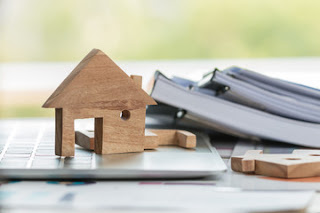HOA Insurance: HOA Mistakes to Avoid
Are you
protecting your homeowners or condo association as much as possible with your
insurance choices?
Here at FloridaHOA Insurance, our specialists in the legal and insurance industries, tell us
the most common insurance mistakes boards make to their HOA's detriment.
1. Not
paying attention to your policy. "One of the most simple things boards do wrong is
not having the right coverage before the pipe bursts on the 22nd floor, there's
a fire, or there's a storm," says Hugh Lumpkin, managing shareholder at
the law firm of Ver Ploeg and Lumpkin in Miami, who represents HOAs in
insurance cases. "It's because they don't review their policy until after
they've suffered a loss. By then it's too late."
2. Not
having full coverage of Florida Homeowners Association Insurance. "There
are two ways the insurance company can pay," says Lumpkin. "One is
the actual cash value, which is the replacement cost less depreciation.
Associations can also buy replacement cost coverage. In Florida, when we
haven't had hurricanes in many years—like now—it's cheaper to get replacement
cost coverage, and it adds back into the equation the loss to depreciation.
Without it, you're not replacing your property with like kind and quality
materials, and you'll need those to replace everything that was damaged
properly."
3.
Getting too many bids from HOA insurance companies like Moran Insurance. "Dealing with more
than two insurance agents is actually more harmful than good for an
association," says Cassidy. "Boards are used to having three bids
every time they go to market. But unlike contractors, insurance brokers don't
figure out prices in house. We go out to insurance companies. When you have
more than one agent doing that, insurance companies are seeing the same bid,
and they can get irritated. They're dealing with what they perceive as a bunch
of price shoppers, and they may not be giving you the best rates. Instead of
getting three bids, each from five agents, get three from one or two
agents."
4. Not
creating an insurance emergency kit in advance. "In the wake of a loss,
boards are on their heels, in disarray, and maybe even financially distressed,
so they tend to not be very good at documenting what they do," says
Lumpkin. "Appoint someone to be your historian, the person who will take
pictures, keep a diary, and work with the insurance company. We tell people to
put together a storm kit beforehand. It should include a copy of your insurance
policy, a camera, and phone numbers for all the important people involved and
for companies like water restoration firms so they can be immediately
called."
For more insurance related articles on web browse:




Comments
Post a Comment